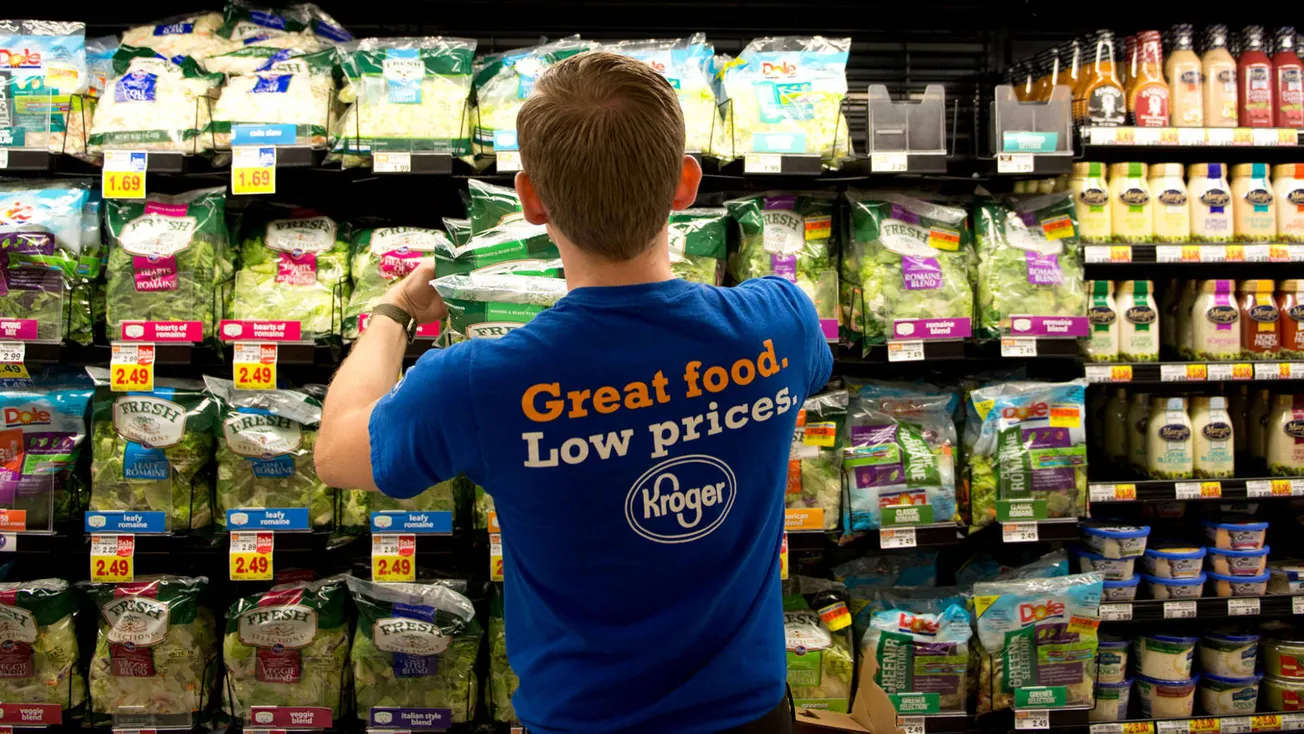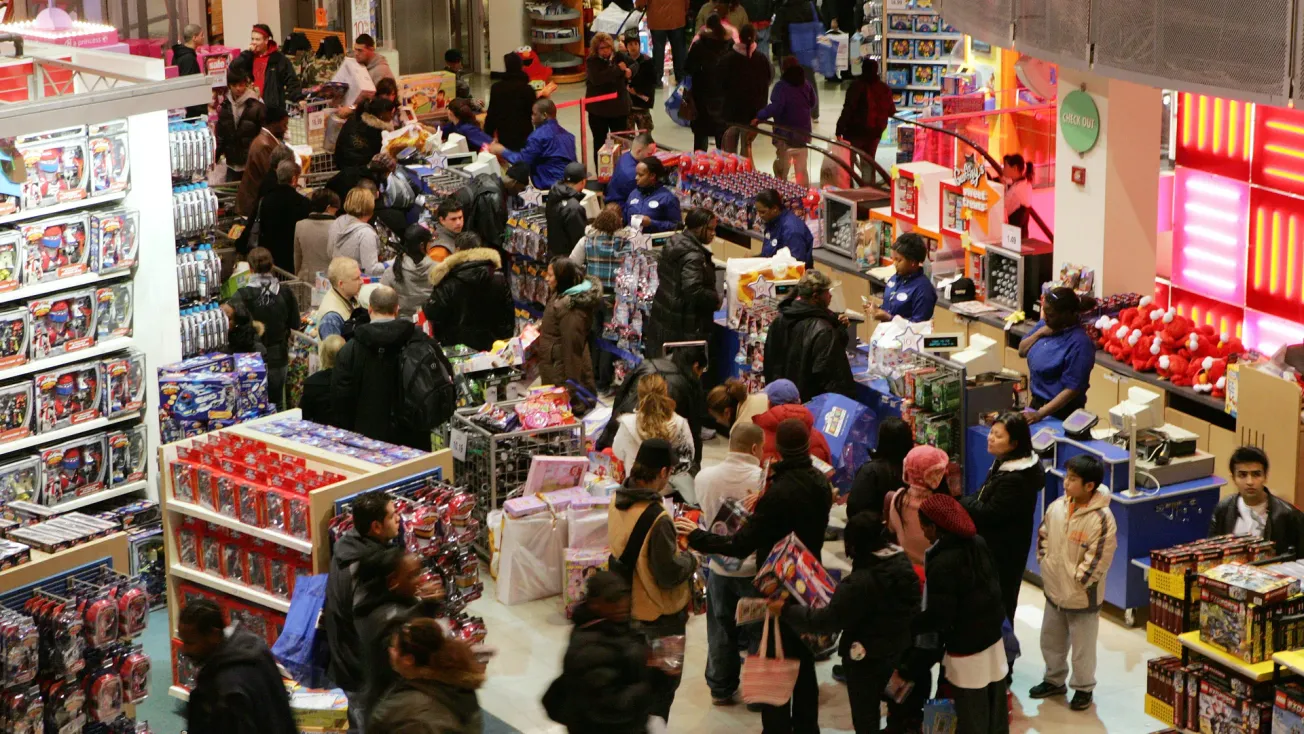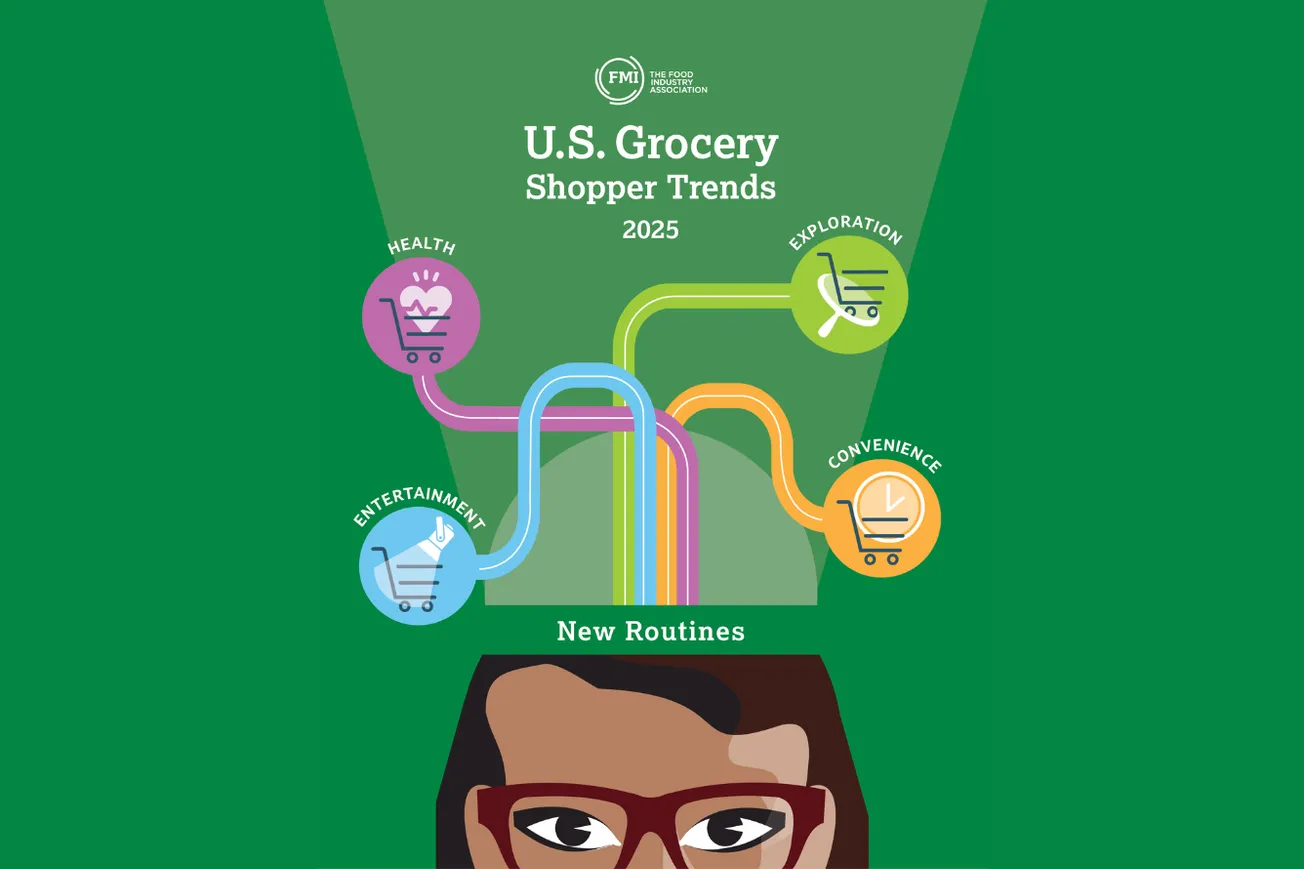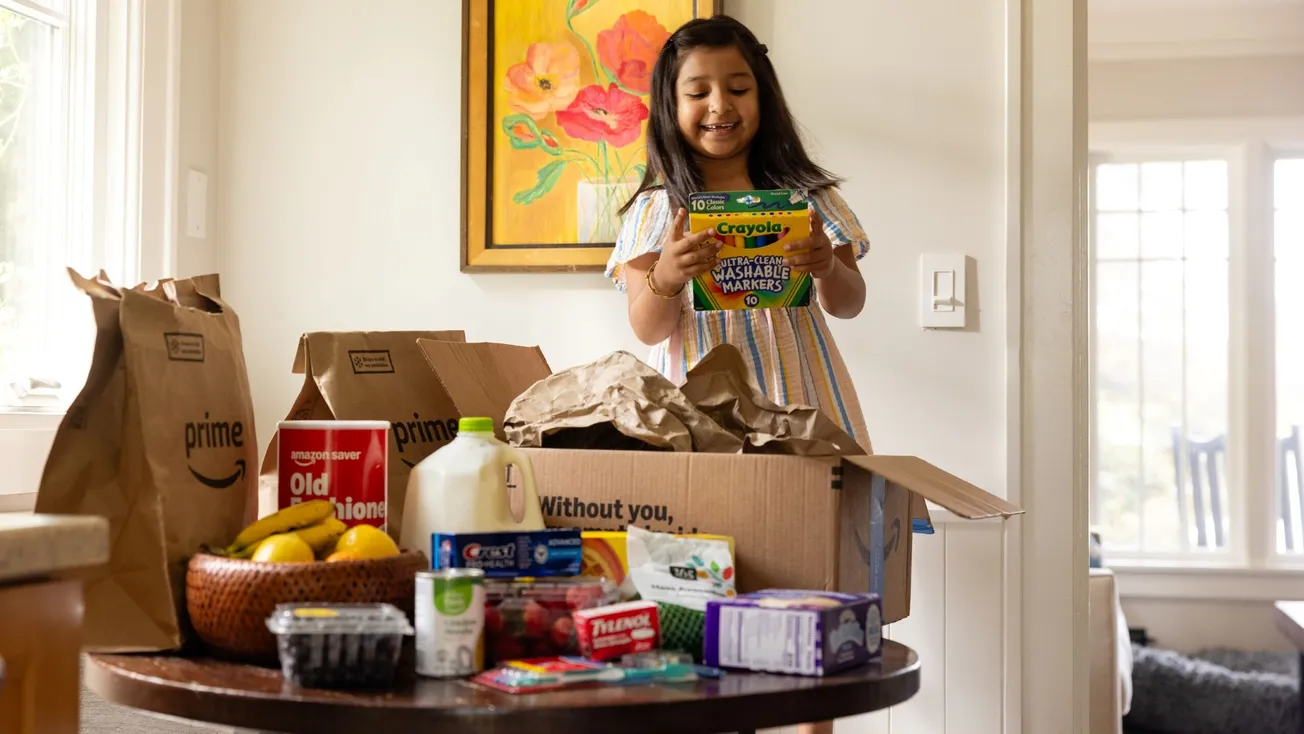
August CNBC/NRF Retail Monitor Data reveals sales up despite inflation
August sales were up in all but one out of nine categories on a yearly basis.

August sales were up in all but one out of nine categories on a yearly basis.

Online grocery sales hit a new high last month, with Delivery and Ship-to-Home driving double-digit growth. Pickup was the only channel to decline.

The beat-and-raise quarter reinforces a broader trend: grocery is holding up while discretionary retail cools.

“The trade outlook for the final months of the year is not optimistic.”

Merchants paid a record $236.4 billion in card swipe fees last year. Retailers warn that these costs, now second only to labor, are increasing consumer prices.

Holiday spending is expected to decline by 5%, with Gen Z leading the cutbacks. Traditions endure, while value, food, and gift cards define the season.

U.S. retailers pulled in consumer goods and gold ahead of Trump’s August tariffs, lifting imports nearly 6% in July and widening the trade gap.

Americans continue to enjoy grocery shopping, cook more at home, and embrace mealtime traditions that bring people together.

“Even as many consumers grapple with higher credit card debt and read headlines about economic distress, they remain resilient,” writes Stuart Aitken.

Placer.ai finds shoppers aren’t abandoning legacy giants but expanding retail routines, fueling a fragmented marketplace where value-focused chains win on specific shopping missions.

“The slow start to the back-to-school season, and the early shifts in purchase behavior highlight the consumer’s current spending concerns.”

Shoppers are more cost-conscious than ever, with 57% citing price as their top priority when buying back-to-school items, up from 52% last year.

A record 81 million U.S. households, about 61%, purchased groceries online in July.

The record volumes reflect months of front-loading ahead of tariffs.

Circana says women are changing how they shop in 2025, and the trend could reshape retail.

The expansion enables Prime members to purchase fresh groceries and everyday essentials in a single transaction, with all items delivered together.